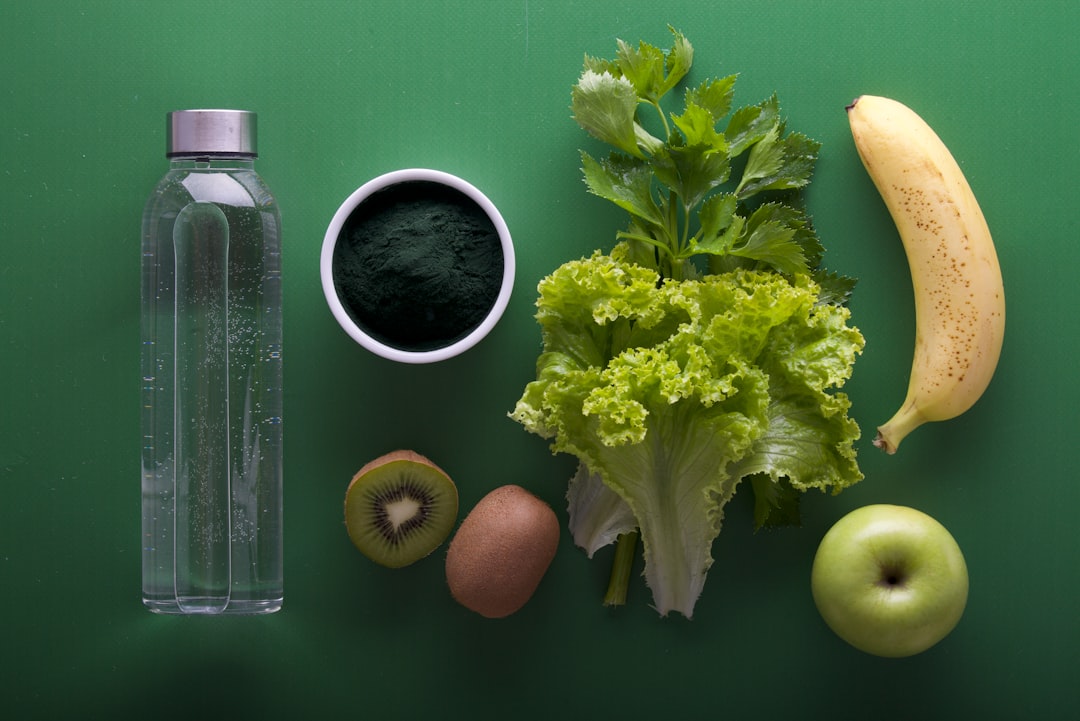Adolescence is a period of dramatic transformation. Between the ages of 10 and 19, the body undergoes rapid physical growth, hormonal shifts, and brain development. With all these changes happening at once, it’s no surprise that nutritional needs increase significantly during this time.
Providing proper nutrition during adolescence isn’t just about supporting a growth spurt—it’s about laying a foundation for lifelong health, supporting mental performance, and encouraging positive habits that will last into adulthood.
Why Nutrition Matters in Adolescence
Adolescents experience:
-
A growth spurt that can account for up to 20% of adult height
-
A significant increase in muscle and bone mass
-
The development of reproductive organs and hormonal balance
-
Rapid brain development, especially in areas related to reasoning and decision-making
All of these processes require energy and nutrients. Inadequate nutrition during this stage can result in delayed growth, fatigue, poor academic performance, weakened immunity, and a higher risk of developing chronic diseases later in life.
Key Nutrients for Teen Health
Let’s break down the essential nutrients adolescents need and where to find them:
1. Protein
Supports muscle growth and repair.
🟢 Sources: Eggs, lean meats, poultry, fish, dairy, beans, lentils, nuts, and seeds.
2. Calcium
Critical for building strong bones and reducing the risk of osteoporosis later in life.
🟢 Sources: Dairy products, leafy greens, tofu, almonds, and fortified plant-based milks.
3. Iron
Needed for red blood cell production and to prevent fatigue, especially in menstruating girls.
🟢 Sources: Red meat, poultry, spinach, legumes, and fortified cereals. Pair with vitamin C for better absorption.
4. Zinc
Supports immune function and wound healing, and is involved in growth and puberty.
🟢 Sources: Meat, shellfish, dairy, seeds, and whole grains.
5. Vitamin D
Helps the body absorb calcium and supports immune function.
🟢 Sources: Sunlight, fatty fish, egg yolks, and fortified foods.
6. B Vitamins
Especially B6, B12, and folate—crucial for energy metabolism and brain development.
🟢 Sources: Whole grains, meats, dairy, leafy greens, and legumes.
Energy Needs: Eating Enough
Because adolescents are growing rapidly and often more active than at other life stages, their calorie needs increase. However, not all calories are created equal.
Encourage:
-
Whole foods over processed snacks
-
Balanced meals with a mix of complex carbohydrates, proteins, and healthy fats
-
Regular meals and snacks to prevent energy dips
Avoid:
-
Skipping meals (especially breakfast)
-
Excessive consumption of sugary drinks, energy drinks, and junk food
Mental Health and Nutrition
Nutrition isn’t just about the body—it’s also about the mind.
A growing body of research links poor dietary habits to increased risk of:
-
Anxiety and depression
-
Low academic performance
-
Mood swings and fatigue
Foods rich in omega-3 fatty acids, complex carbs, B vitamins, and antioxidants can support brain health and mood stability.
Building Healthy Habits
Adolescents begin to take more control over their food choices, making this a key time to instill lifelong habits:
-
🍎 Make healthy options easily accessible at home
-
🥗 Encourage variety: “Eat the rainbow” of fruits and vegetables
-
🍽️ Promote family meals for connection and structure
-
🛒 Involve teens in shopping and cooking to increase interest
-
⚖️ Teach moderation, not restriction
Addressing Challenges
⚠️ Skipping Meals
Common among busy or body-conscious teens. Emphasize the importance of regular meals for energy and concentration.
⚠️ Dieting and Body Image
Some teens experiment with restrictive diets. Open communication and education about body diversity and nutrition are key.
⚠️ Athletic Teens
Those in sports may need even more calories and protein. Work with a health professional to fine-tune their diet.
Final Thoughts
Adolescence is a critical window for shaping both the body and the mind. Supporting this stage with thoughtful, nutrient-rich eating can help teens grow into healthy, strong, and confident adults. It’s not just about avoiding junk food—it's about fueling the future.
Want more evidence-based posts about nutrition and healthy living? Subscribe to our blog and stay informed!

Comments
No comments yet. Be the first to comment!
You must be logged in to comment. Login